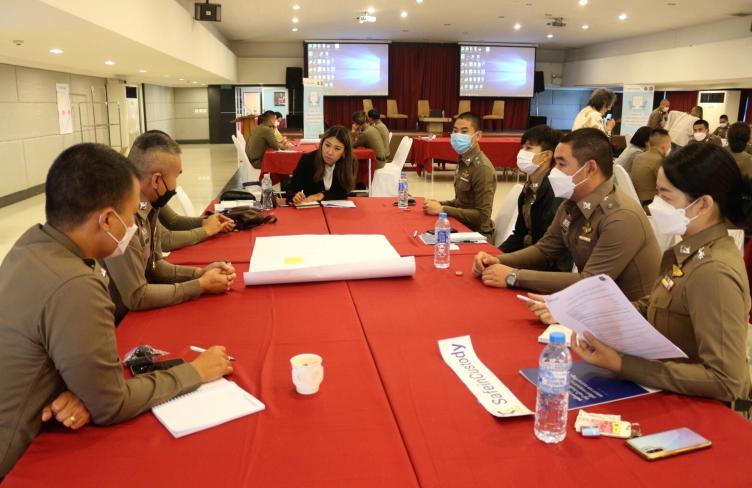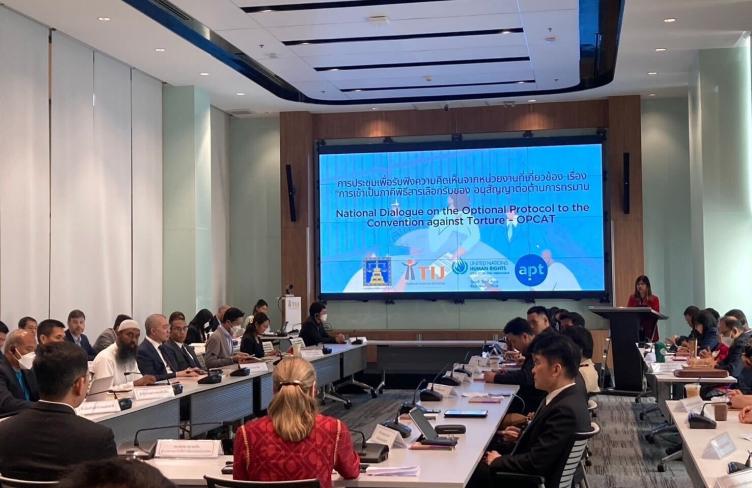Indonesia's OPCAT ratification process has been stalled for several years. As part of ongoing efforts to galvanise support for ratification and the implementation of effective detention monitoring within the country, the APT shared its expertise at a four-day training for five national institutions, which would form part of the country's National Preventive Mechanism.
Thirty staff members from five Indonesian national institutions gathered to gain a thorough and unified understanding of the Optional Protocol to the Convention against Torture (OPCAT) and its role in torture prevention. Alongside representatives from Amnesty International Indonesia, the New Zealand Ombudman office, the APT provided expertise on OPCAT implementation and the establishment and role of a National Preventive Mechanism.
The National Commission for Human Rights (Komnas HAM), the Ombuds Institution, the Women’s Commission, the Children’s Commission and the Victim and Witness Protection Agency, all participated in the event. These organisations will possibly form part of Indonesia’s National Preventive Mechanism, once the OPCAT is ratified.
The workshop was the opportunity for participants to gain insights to the experience of New Zealand’s NPM, which has been monitoring places of detention since 2007. Dr. Ruth Nichols, the body's representative, explained how from the outset the NPM benefitted from a strong legal mandate and support from relevant authorities, due to the OPCAT framework put in place by the country’s government.
APT’s Detention Monitoring Guide was quoted as a useful resource for any institution looking to assume new preventive functions: “The guide really helped us in New Zealand to develop our monitoring indicators and framework,” Nichols said during the event.
“The event provided participants with a good balance between theory, practical exercises and expertise from both within Indonesia and internationally,” said Shazeera Ziwawi, APT’s Asia-Pacific programme officer. “We were pleased to see that the new OPCAT-NPM training manual, developed jointly by the five national institutions, used during the workshop was inspired by the guides we’ve produced. It’s encouraging to see that our guidance is adapted to suit Indonesia’s specific needs and situation.”


